

Up until just a couple of years ago Peter Molyneux served as Microsoft Game Studios creative director in Europe and leader of Lionhead - the second studio he had founded and birthplace of Black & White and Fable. This could have been an article pointing out how Peter Molyneux has fallen his lofty position. Where he once used to sit in a comfortable hotel suite during Gamescoms and E3s waiting for journalists to come in and listen to his gospel, we now met in front of an inauspicious purple wall in the business center of Gamescom. Molyneux and his colleague Dimitri Mavrikakis even had to buy tickets that morning to get in to the business area as something had gone wrong with their passes.
But the Peter Molyneux we met in Cologne felt reinvigorated and more energetic than the last few times we saw him pushing the latest Fable wares from Lionhead. Back to his old tricks and just as brilliant as ever in captivating us with his visions of the future. Did he just sell us on the merits of free-to-play? And is he going to get egged while at Gamescom? But let's start from the top and where our discussion began, one week after the launch of Godus as a free-to-play game on iOS.
"My dream was to set a company up and to make a game which kind of appealed to a core audience and a casual audience. And I think as a designer you need to ask yourself 'who am I making this game for?'. So we set the company up. We experimented with this crazy thing called Curiosity, and then we've just released this game, Godus, on iOS."
Molyneux went on to cite its chart success ("an amazing reaction") and interestingly pointed out: "There are millions of people who have never even seen a game of mine before or heard of a game of mine and they're playing Godus and really enjoying it."
That leaves Molyneux with the second part of his ambition to fulfill - pleasing the hardcore audience with the PC version of Godus. And the road towards that goal hasn't been without problems as many backers and Early Access punters have been disappointed in what 22Cans have offered gamers so far.
"Now on iOS it's free-to-play and I think the gaming community struggles with free-to-play. But we've released Godus on Steam Early Access. We're saying it's only about half-way finished. You play it now. No free-to-play at all. And this is a real interesting design problem."
When asked about the criticism, Molyneux, offered this:
"We're a tiny little company and we haven't got time to focus on more than one thing. So we initially did Kickstarter and then we released a version of Godus and we said over and over again 'this is not a finished game', it's going to change radically, it's full of bugs. It was on the front page of our Steam Early Access page, but of course people do think as a gamer, I mean the most recent release it starts feeling like a real game, rather than like a demo."
"And what we're about to do, we're about to make a big step forward, in that there's a fascinating thing we can do with Early Access. That is to say to the community here are the tools to balance the game, because we've had a lot of people say 'oh, we hate waiting around in the game', so we're going to give the community the power to mod the game themselves and to refine it and change it so that they're not waiting for it. You don't have to wait for anything and they can publish that version of SteamWorks and together we can balance the game so it islike they want it to be. And that's the point of Steam Early Access in that we can radically change the game. Now the only unfortunate thing is we as a team have to go 'right, we can only do one thing at a time', so we've pretty much well done the mobile version now so we're winding back to the PC version."
He then detailed the roll out of updates following Gamescom noting he was "fascinated to see" what the community would do in terms of modding and balancing the game.
"You can change Godus from being a slow game where you're waiting into a super fast paced game. And you can do that by changing like five numbers. And later on via SteamWorks releasing map editors that allow people to play around with the map and AI editors that allow people to play around with the AI."
"And that's what I mean by cycling back round to the PC. I don't think if you really want to make a game like this you can't just make it in your ivory tower. This is not that sort of game. There are many games that you can make like that, but Godus isn't one of them. It's been terrifying, because a lot of the time what the community wants us to do is to react to what they're saying, but we have to focus on one thing. We're only twenty people and if we start you know doing this bit over here and then oh well let's stop doing that and do this bit."
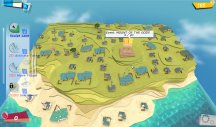

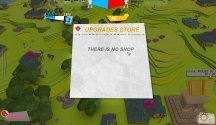
Speaking of the journey Molyneux and the rest of 22Cans have taken into free-to-play with Godus on iOS ("as a consumer and gamer I love free-to-play when it's balanced right"), talks about how free-to-play should never be a "block for something".
The conversation then turned to the nature of actually using your finger to interact with the world via touchscreen - a more tactile representation of the God hand that's been a staple of the genre for so many years.
"I've been creating these worlds now for years and years - Populous, Powermonger, Black & White, but you always felt detached from the world. And when I saw the touch devices I thought 'christ, it'd be amazing to be able to touch a world' and to feel in contact with that world and so I'm so please to hear you felt the same."
"I do think the mouse has always been my favourite input device. Probably touch beats it now. But I love, one of the things with Gods we said to ourselves you shouldn't have to use the keyboard at all. You can just kick back with the mouse, lean back in your chair, and you don't have to touch that keyboard at all."
As far as ambitions go the idea is to stay small with 22Cans and the company is not meant to walk along the same path as Bullfrog and Lionhead (being bought be significantly larger publishers). 22Cans are in it for the longhaul...
"There are twenty of us. We absolutely love and adore what we do. Every day there's conversations in the office of you know 'God, what can we do for the PC people?, 'what can we do to make them happy?' and 'no, we've got to wait, we've got to finish what we're doing first' and it's a fantastic, amazing experience and why would I change that?"
"Our idea is, I think now games feeling like when you release them it's the start of them rather than the finish of them. I'm passionate about that idea."
"If we can get the core of Godus right with the PC people on the PC and if we can get the core of Godus right on mobile. Then we could be developing it for years to come. And it could be this incredible journey which we're going on. And we're just twenty artists and coders which are passionate about that and we've got so many crazy ideas that it's fascinating. What we're trying to do is we're trying to nurture more of those ideas to come into the company and I just think as long as Godus is making money, and you've got to have money to survive, and as long as what we're doing is making the game feel better all the time not worse, then we should just carry on doing it."

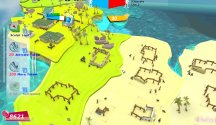

What Molyneux is an example of and what we are experiencing right now in gaming is a transition or shift where there is a bit of uncertainty as to what is next. However, the founder of Bullfrog, Lionhead and 22Cans has a firm belief in what the right path forward is.
"I've been lucky enough to feel this happen before. There was a moment in history where we changed from home computers into consoles, and it feels like a similar sort of time. These consoles, when Sony released the PlayStation especially, before that there was Nintendo and Sega, but they felt like they were very Japanese machines and along came Sony and they had this dinosaur walking across the screen and I remember thinking 'it's all going to change'."
He then went on to expand his vision of the future, free of "cloud bollocks" and with can only be described as the ultimate evolution of plug-and-play.
"And exactly the same is happening, similar feeling, now. You've got this amazing force, this incredible force happening at the moment. And it's partly about this device [points to his smartphone]. My dream is... I've got my entire music collection on this device. I want my entire games collection on this device. And I want to be able to walk into someone's home and press a button and play the game instantly. I don't want any cloud bollocks. Registering and logging on. I just want to do that [press a button] and play. Because that's what I feel as a consumer is so exciting. My entire games collection is like my music collection, okay if there's a controller in the room you just pick the controller up. This device [the smartphone] works as the portal of that. So all that is happening and changing now, whilst we are actually and this is what excites me. We are making, this device [smartphone] is making about 10,000 new gamers a week. It's creating gamers."
Molyneux concluded that a lot of the people playing on smartphones are playing games for the first time.
"Gamescom is great. I don't know what the attendance is? Hundreds of thousands of people. It could be millions of people, man. You know our dream in this industry has been to be bigger than Hollywood. That's what we said the games industry could be. To do that it's not just about making games, it's about bringing the same number of people that Hollywood has to the games industry. And that makes it incredibly exciting. In a way that's what consoles did when they first came around, because before consoles you had the Atari and the Amiga and there was keyboards and there was PC and you had to run your program and you had to put your tape in. The console came along and said slap the disc in the drive, press the button and you're playing the game. And now the next step forward is this mobile device and just as consoles brought new gamers in, I think mobile phones can. But that does mean we have to get our heads around free-to-play. And that doesn't mean that we... and we have gotten into a lot of problem for doing a free-to-play game from the gaming community. Because I think they feel it's this toxic that will never work..."


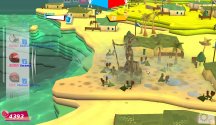
We interjected that free-to-play on occasion has been toxic and structured like gambling and betting.
"As a gamer in my heart and as a designer the brilliant thing about free-to-play is you can experience the game before you even think about paying any money. Why wouldn't that be a brilliant mechanic? Why shouldn't that be loved by the gaming industry, and it's only because a lot of those, I mean I could talk about this for hours, because it's a real design sort of thing, a lot of the early experiences just like anything early on tends to go in wrong directions before it find the right direction. The other great thing about free-to-play that it does do, which is amazing, is it does start to modify the amount of time you spend on a game. And one of the saddest things for me as a designer is to make years making a game like Fable in the full knowledge that someone will play through the entire game in a weekend."
"If you get those wait timers right what you can do with the game is you can say 'right, don't focus on that anymore, focus on this' and sometimes 'focus on this' is stop playing the game for a while."
This line of discussion took us in a slightly disturbing direction as Molyneux iterated he doesn't want free-to-play "to be greedy, I want people to have other things to do":
Gamescom isn't a haven for free-to-play even if there's certainly a better representation of free-to-play in Cologne than in the halls of the L.A. Convention Center during E3, but Molyneux joked that the Gamescom audience probably didn't share his views on free-to-play.
"But it just gets us into a lot of trouble. I'm fully expecting to be probably knifed while here... There's going to be a red dot that appears on my face. Someone's at least going to egg me I think."
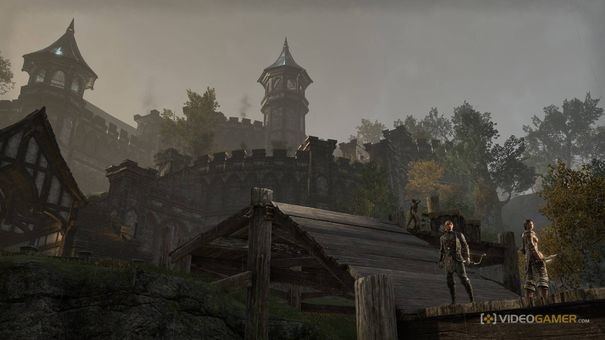
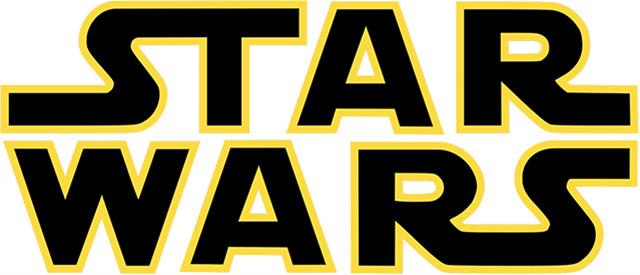
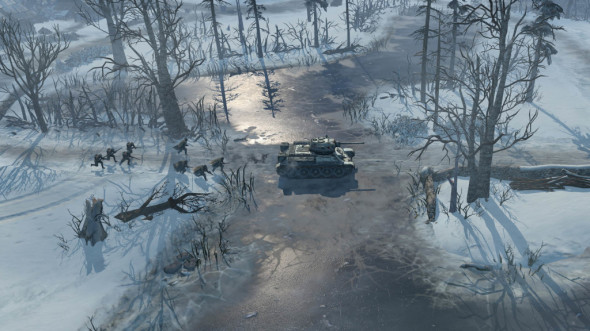
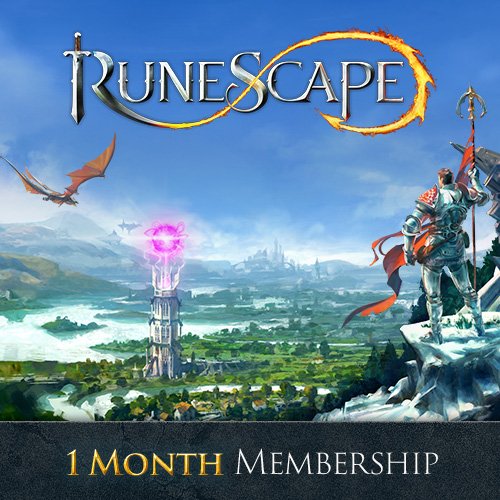
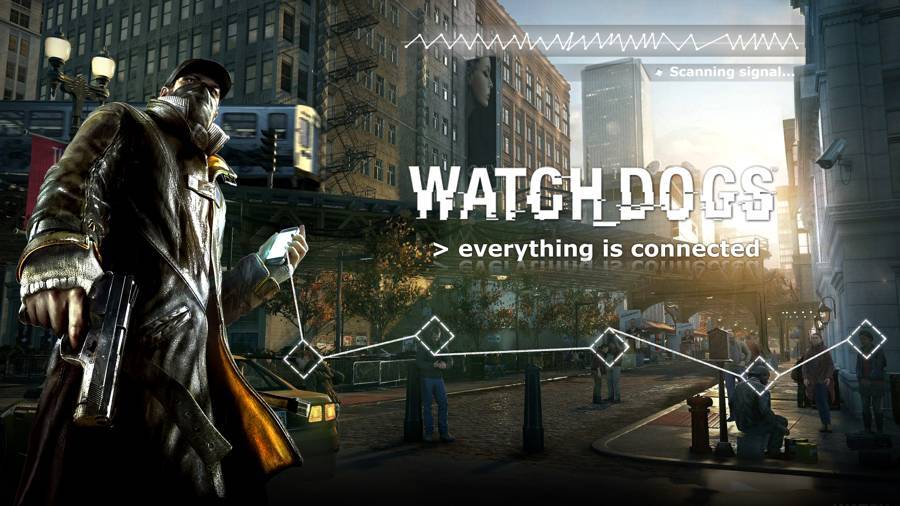 Watch Dogs Guide: Side Missions Guide
Watch Dogs Guide: Side Missions Guide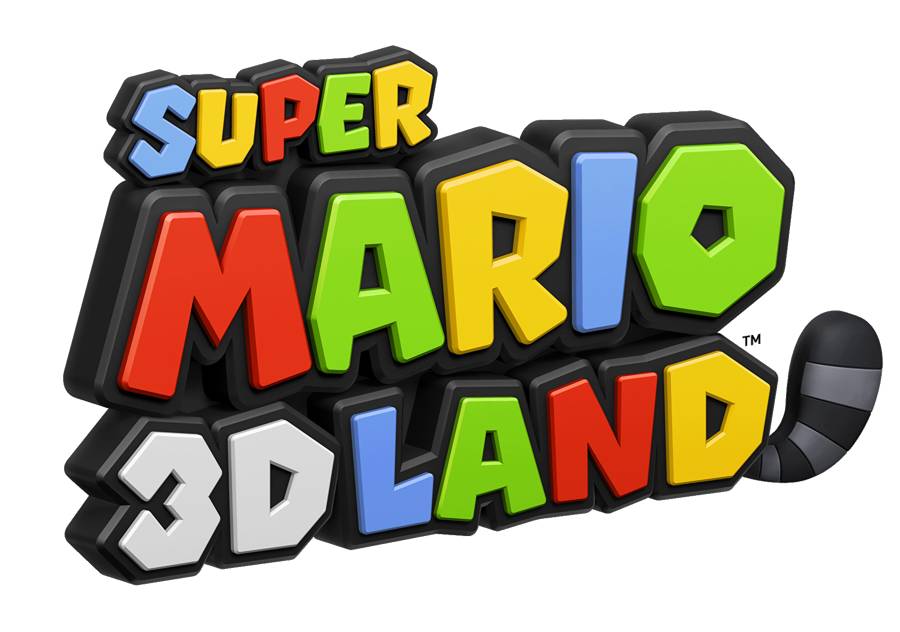 Super Mario 3D Land Getting Past Bowser
Super Mario 3D Land Getting Past Bowser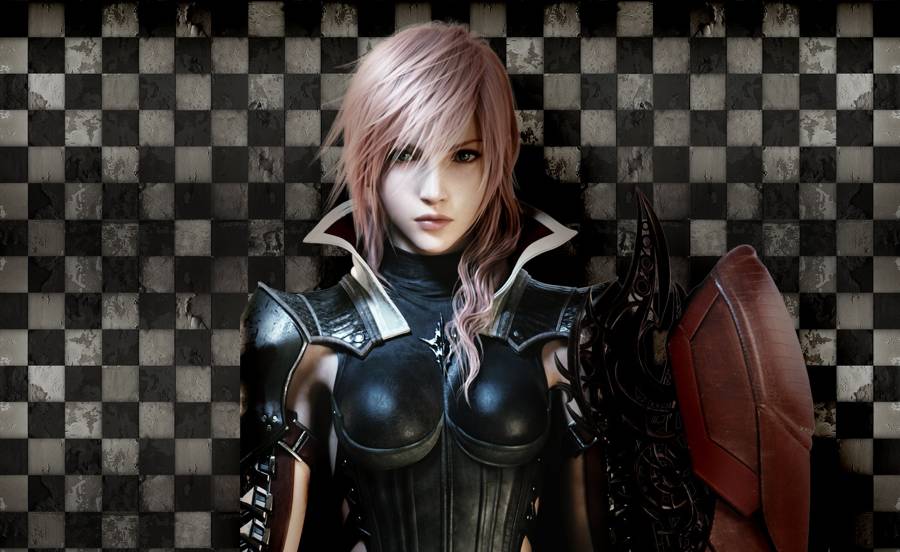 Final Fantasy 13 Lightning Returns Guide: Luxerion Code Guide
Final Fantasy 13 Lightning Returns Guide: Luxerion Code Guide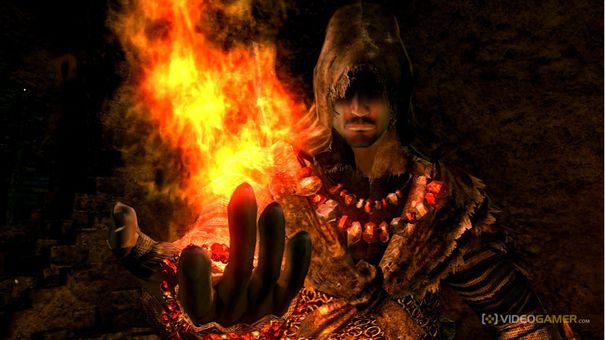 . Plays December 8, 2013
. Plays December 8, 2013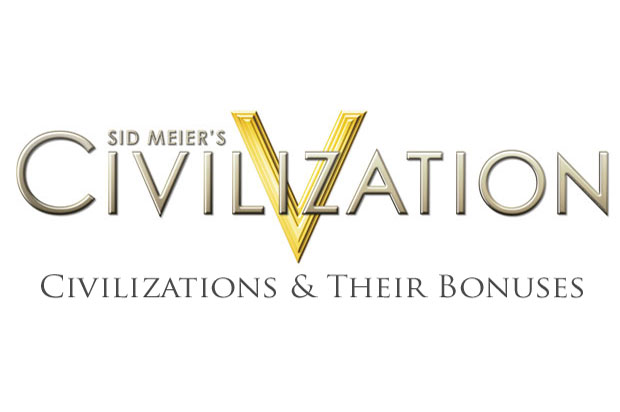 Civilization V: Civilizations & Leaders Guide - Civ Bonuses
Civilization V: Civilizations & Leaders Guide - Civ Bonuses